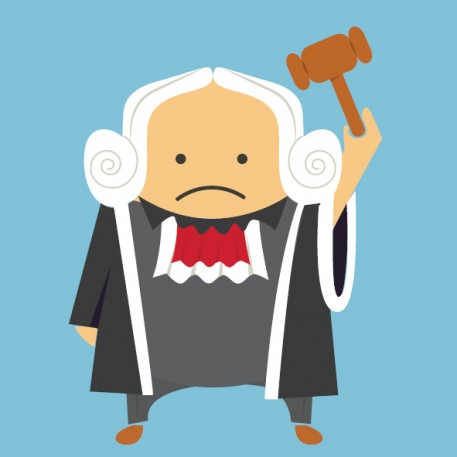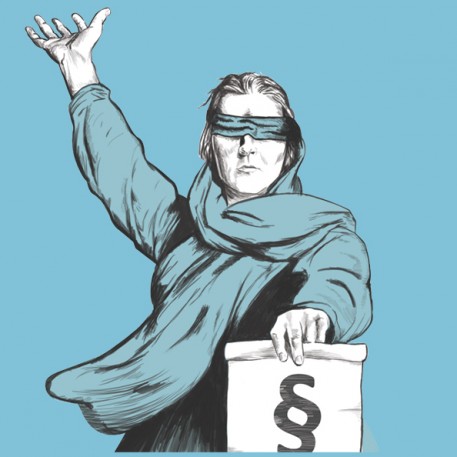
HFHR’s amicus curiae brief on amendment to Constitutional Tribunal Act
The Constitutional Tribunal will hear the complaints concerning the December amendment to the Constitutional Tribunal Act. The HFHR has submitted an amicus curiae brief in this case, in which we discussed the following points:
Adoption of the Act
The amendment to the Constitutional Tribunal Act was adopted very quickly – in less than two weeks. Such a rushed legislative process led to many irregularities – the lawmakers had failed to obtain any opinions of experts, the concerns of the Legislation Office of the Sejm had been ignored and important corrections had been presented during the hearings of a Sejm committee. In the opinion of the HFHR, significant number of the modifications introduced during the first and second readings changed the bill to an extent that might have resulted in a violation of the constitutional rule of three readings.
Rules of procedure before the Constitutional Tribunal
According to the amended Act, the Constitutional Tribunal is supposed to hear the majority of cases sitting en banc (that is in a panel of at least 13 judges) while decisions are to be taken by a two-thirds majority. In some cases, the Constitutional Tribunal will be able to decide cases in a smaller, seven-judge panel. Moreover, all cases will have to be processed in the order of submission and not earlier than after three or six months from the date of notice given to the parties. According to the HFHR, these changes could paralyse the works of the Constitutional Tribunal.
Disciplinary proceedings against judges
The amendment introduced the rule that disciplinary proceedings can be initiated at the request of the Minister of Justice or the President of the Republic of Poland. A decision on a judge’s removal from office will be made by the Sejm, at the request of the General Assembly of the Judges of the Constitutional Tribunal, and not – as it was until now – of the Disciplinary Court of the Constitutional Tribunal. According to the HFHR, this may enable politicians to put pressure on the Constitutional Tribunal judges, which would be tantamount to a violation of the principle of the Tribunal’s independence.
Real purpose of the new law
In the opinion of the HFHR, the nature of the changes suggests that the real purpose behind the new law was not to facilitate the work of the Constitutional Tribunal, but to increase the legislative branch’ influence on the Polish top legislative court. The language of the amended Act suggests an intention to slow down the proceedings before the Constitutional Tribunal so that the Tribunal is unable to quickly and effectively respond to enactments of unconstitutional laws.
Constitutional crises around the world
In other countries authorities have also tried to interfere with the powers of constitutional courts. This was supposed to freeze the courts’ operations and block the constitutional review of controversial laws. Experience shows that such activities should be assessed negatively. They may lead to major constitutional crises and disrupt the balance of powers.









05.03.2016
 Cookies EN
Cookies EN